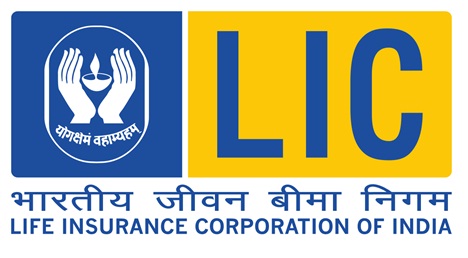Health is Wealth or You may say Health is the greatest assets for a human being. Our overall health is severely affected by our lifestyle. Unhealthy Eating Habits, Lack of Adequate Sleep, Stress can affect our health. A Mediclaim policy acts as savior & it protect you from facing a financial crunch in a medical emergency. Since Inflation has made medical bills costlier, having a heath insurance policy is necessary as other necessities.
There are dual benefits of the health insurance. First it ensures your financial stability and give coverage against expensive medical bills and also offer you benefit of Tax Deduction under section 80D upto Rs.25,000/- to Rs.30,000/- (for Senior citizen).
In order to enjoy tax deductions along with health coverage, you need to check which policy suits you & your family and how much premium required for. The premium amount paid by you can be utilize as Tax Rebate Tool. Remember, if the premium paid by your employer, you will not be eligible for tax rebate. Under the IT Act, 1961 medical allowance is not considered as an allowance, which is exempted.
Generally, medical allowance is confused with medical reimbursement. Medical reimbursement is paid by an employer to their employees when they submit medical bills.
When it comes to tax planning, people generally don't consider their parent's health insurance as a tax saving tools. If you are paying for your parents health insurance, you can claim upto Rs.30,000/- as tax deduction benefit in your annual income tax return.









